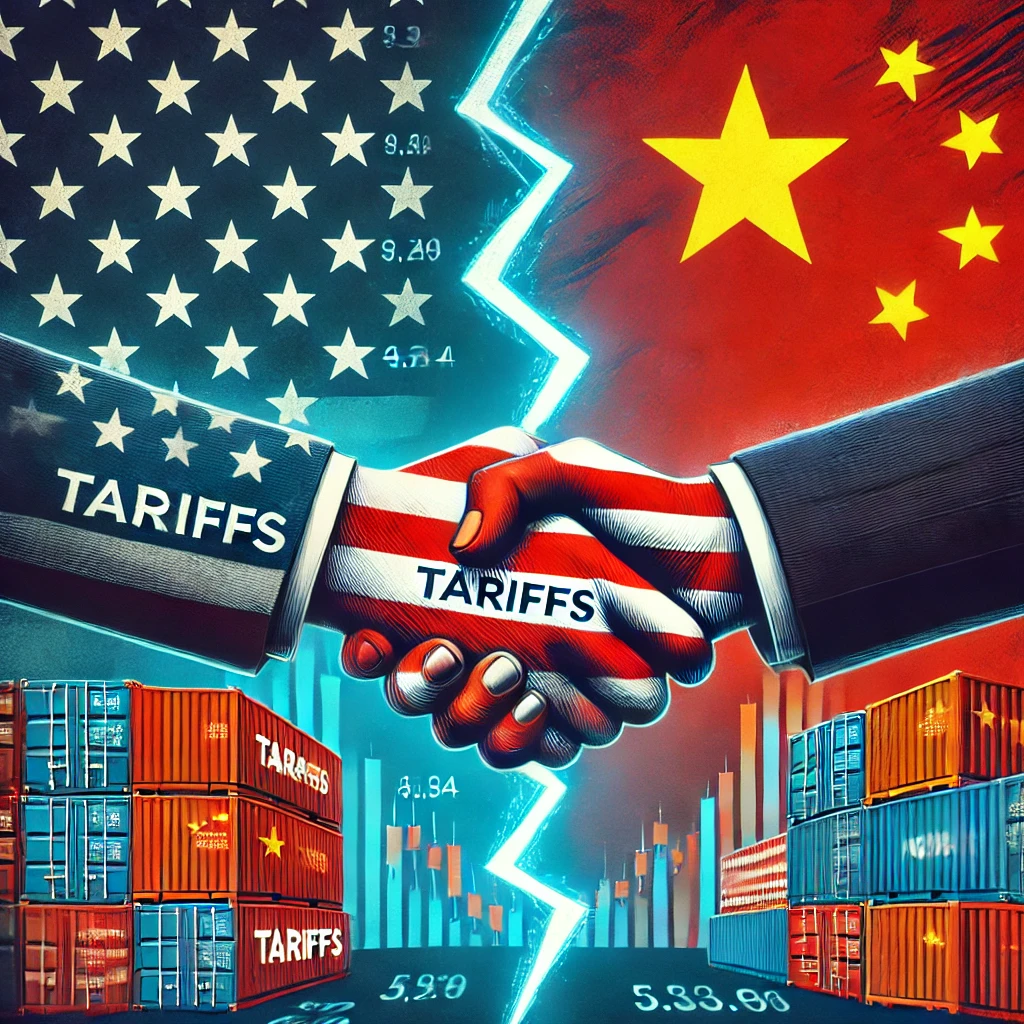In response to the United States’ recent imposition of additional 10% tariffs on Chinese goods, China has implemented a series of countermeasures to protect its economic interests and signal its readiness to negotiate.
1. Imposing Tariffs on U.S. Goods
China has announced tariffs ranging from 10% to 15% on a selection of U.S. products totaling $14 billion, effective February 10. The targeted goods include liquefied natural gas (LNG), coal, crude oil, and agricultural machinery. This move affects less than 10% of U.S. imports into China, indicating a measured response aimed at encouraging dialogue rather than escalating tensions.
2. Launching an Antitrust Investigation into Google
Beijing has initiated an antitrust investigation into Google, scrutinizing the company’s market practices. Although many of Google’s services are restricted in China, this action underscores China’s intent to challenge U.S. technology firms operating globally.
3. Implementing Export Controls on Critical Minerals
China has imposed export restrictions on critical minerals essential for various industries, including technology and defense. This measure could disrupt global supply chains and impact U.S. manufacturers reliant on these materials.
4. Proposing a Return to the ‘Phase One’ Trade Deal
In a bid to de-escalate the trade conflict, China is preparing to propose reinstating the 2020 ‘Phase One’ trade agreement. This deal previously required China to increase purchases of American goods and services by $200 billion over two years, encompassing agricultural, manufacturing, and energy products. The proposal signals China’s willingness to negotiate and find a mutually beneficial resolution.
5. Designating U.S. Companies as ‘Unreliable Entities’
China has placed certain U.S. companies, such as PVH Corp., the parent company of Tommy Hilfiger and Calvin Klein, on a list of “unreliable entities.” This designation could lead to restrictions on these companies’ operations within China, affecting their access to the Chinese market.
These actions reflect China’s strategic approach to countering U.S. tariffs while leaving room for potential negotiations. The global business community is closely monitoring these developments, as further escalations could have significant implications for international trade and economic stability.
